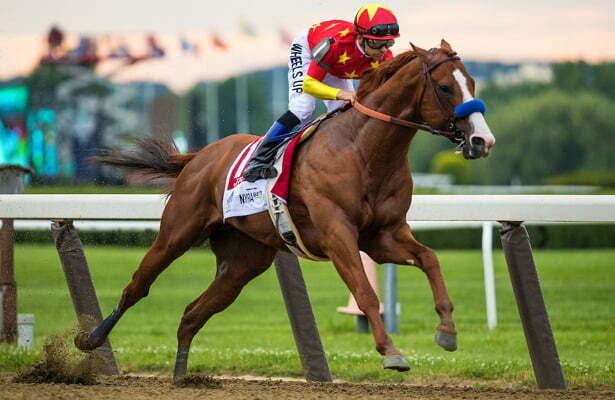Mongolia puts the brakes on ‘dangerous’ iciness horse racing
Share

People crowd to touch the sweat of a racehorse, believing it brings suitable success. Cash prizes for horse races can attain several thousand greenbacks. However, jockeys obtain only a fragment of the prize cash, with most of the award going to the pony’s owner. ODBAYAR URKHENSUREN/AL JAZEERA
Ulaanbaatar, Mongolia – The mere idea of stepping outside at some stage in a Mongolian iciness is sufficient to kick back one’s bones. For years, Mongolian kids have braved the frigid winter for a flavor of glory, risking existence and limbs to win prize cash for their families. Thanks to the efforts of human rights advocates, they may not. In late January, the Mongolian government banned horse races all through the wintry weather, which, in Mongolia, lasts from October to May.
Horse racing has brought about injuries to many Mongolian kids – even central to deaths in a few cases – who’re preferred to grownup jockeys due to their smaller length. Government figures show that during 2017, 10,435 youngsters participated in horse races, out of which 169 have been injured and died. In winter, dangers are heightened as children go through frostbite while riding in bloodless and windy situations.
Moreover, the visibility is decreased, so the concern of getting lost or thrown from a horse is excessive. Despite years of protest via baby welfare organizations, trade has been gradual. Horse racing is a profitable commercial enterprise in Mongolia. Members of parliament and different elite members of society own a few of the racehorses and lease infant jockeys from negative families as their riders. In a rustic with a rural poverty rate of 35 percent, dads and moms regularly depend upon their children’s earnings for their family’s survival.
Horse racing and herding are indispensable to the Mongolian lifestyle. Chinggis Khan’s horseback warriors are the stuff of Mongol legends, and still today, a nomad’s wealth is an excellent component measured through how many horses he keeps. But those opposed to iciness horse racing argue that it is rooted in elite greed, in preference to culture. Child welfare advocate Bolorsaikhan Badamsambuu explained that winter horse racing has only emerged over the last few years as a device for elite profit generation and networking.
UNESCO has recognized Nadaam, a July holiday celebrating horse racing, archery, and wrestling, as part of Mongolia’s intangible cultural background. However, as Badamsambuu argues, youngsters racing in iciness aren’t always a part of this subculture. “The modern Mongolian horse-racing obsession is selling all-seasons horse racing and destroying kids’ lives.” The prison warfare to outlaw iciness and kid’s horse racing has been led by Baasanjargal Khurelbaatar, a Ulaanbaatar-based attorney who took at the case pro bono.
She worked with 27 civil society enterprises to present the case to the Supreme Court. While her group has been successful in changing legislation, enforcement may be challenging. “The lawyers did what we were supposed to do. Now, government establishments have to work even harder to shield children,” Khurelbaatar told Al Jazeera.















